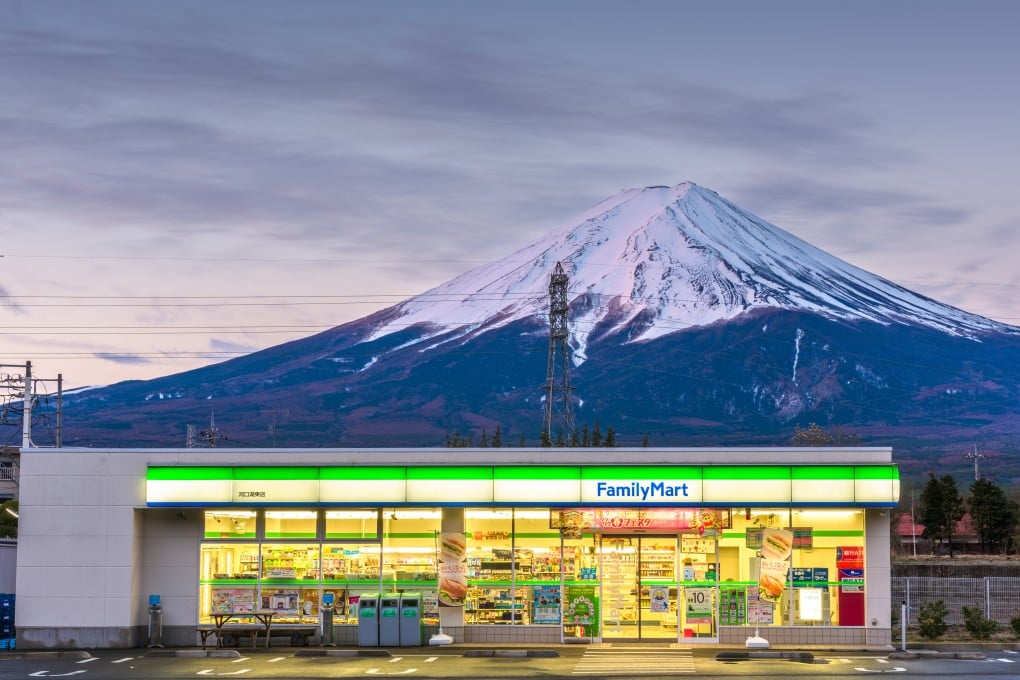Tokyo Olympics: for foreigners covering the Games, Japan’s ‘konbini’ are love at first bite
- The 24-hour convenience stores, which boast a wide array of food and services, have won the hearts and stomachs of hungry overseas correspondents
- Their enthusiastic coverage of meals and snacks has received a rapt response on social media, and sparked pride in knowing Japanese nationals

Heroux has indeed covered the fortunes of the Canadian teams in events such as swimming, soccer and weightlifting – but he has also devoted a large portion of his Twitter feed to waxing lyrical about his frequent visits to the 7-Eleven in his hotel.
With strict Covid-19 restrictions mostly confining the media to hotels and event venues during their time in Tokyo, Japan’s legendary konbini – or convenience stores – have become a vital and cherished dining option for the press pack.
Heroux, who is from Saskatoon but is presently based in Toronto as a sports correspondent for the Canadian Broadcasting Corporation, the national broadcaster, arrived in the Japanese capital on July 19 and quickly identified the 7-Eleven at his hotel as a potential source of good coffee.
The same day, he tweeted a photo of the front of the store with the message: “Have a feeling I’ll be spending a lot of time and money here.”